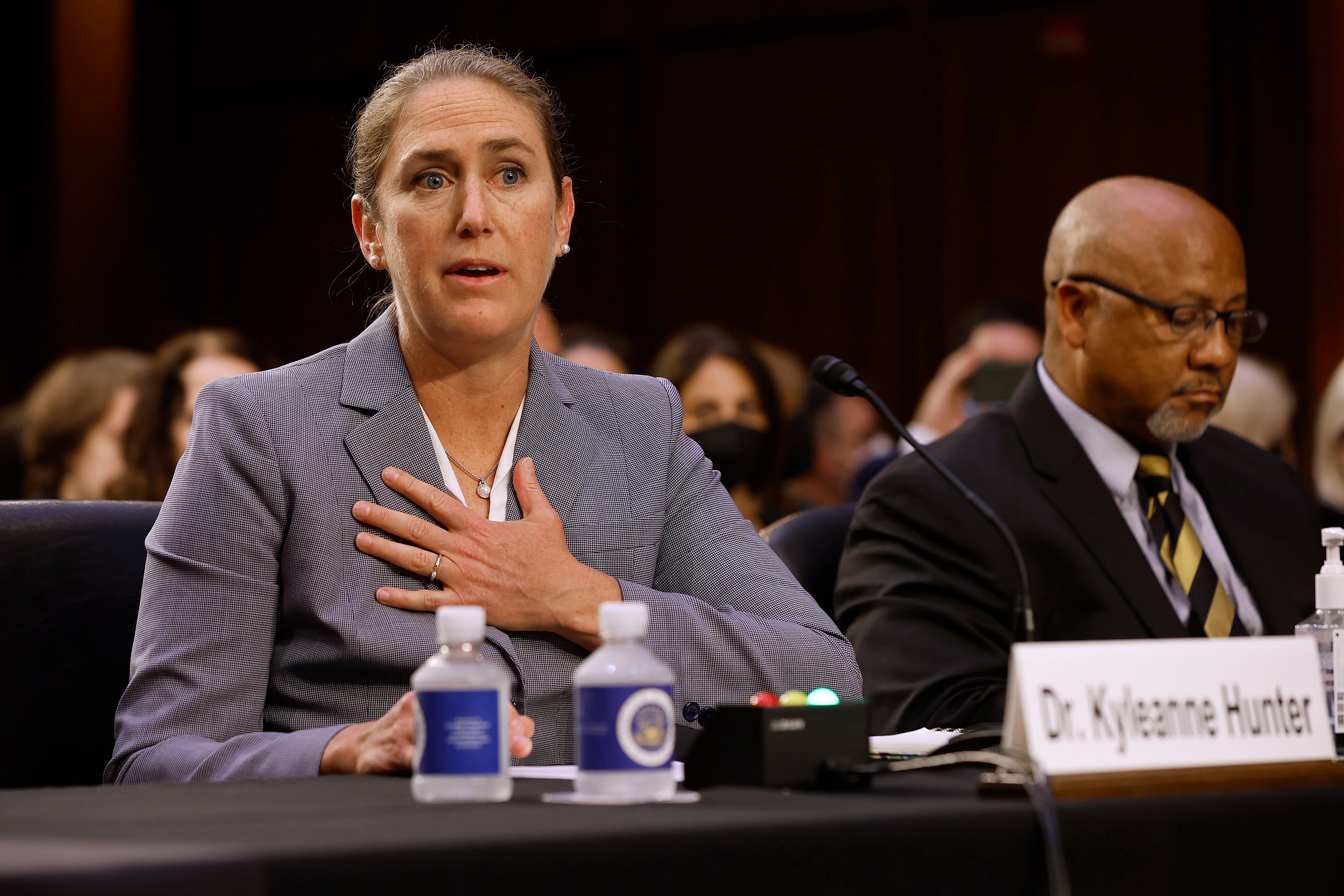Humana Military and Health Net Federal Services are the big winners in the bid for Tricare contracts worth potentially $57 billion to manage the military health program over the next five years, the Defense Department announced Thursday.
UnitedHealthcare, the nation's largest single health care company and official manager of the Tricare West Region since 2012, finds itself without a seat at the table in a pared-down version of Tricare administration for reasons not explained by the Pentagon.
According to the contract announcement Thursday, Humana, which now manages the Tricare South region, will assume the contract for the new Tricare East region, which encompasses 29 states and parts of three states and the District of Columbia.
That contract has an up-front value of $67.5 million with an estimate of $40.5 billion for the duration of the contract.
Health Net Federal Services, which manages the Tricare North Region, was awarded the contract for Tricare West Region, valued at more than $49 million in the initial phase and up to $17.7 billion over the five-year contract period.
The West Region includes 18 states and portions of three states.
The Defense Health Agency has cut the number of Tricare regions from three to two in a cost-savings measure designed to streamline management oversight and cut administrative costs.
In the bidding process, companies were allowed to bid for both regions but could win only one contract and no single company would be selected to manage both regions.
The tightly held contract announcement came as a surprise for those monitoring what is one of the largest spending contracts awarded by the Pentagon.
Historically, the Tricare contract award has been a tumultuous decision, with the last contract award process started in July 2009. The Tricare North region contract was given to Aetna, the South region contract was awarded to UnitedHealth Military & Veterans Services and the West region went to TriWest Healthcare Alliance.
But HealthNet Federal Services, which originally held the North region contract, protested and eventually won the contract for that region while Humana, which held the South region, also protested and won back the contract.
A protest of that decision then was then filed by UnitedHealth that was denied by the Government Accountability Office, after which the company made a case that it should be able to compete for the West region contract.
The government agreed, and in a follow-on competition for the West region, UnitedHealthCare won the contract for the Tricare West Region in March 2012.
From there, however, UnitedHealthCare had growing pains, with delayed payments to providers and patients complaining that their issues were not resolved.
Since 2013, however, few complaints have been filed against the company, which campaigned hard to retain the contract.
In a statement released Thursday, a UnitedHealthCare spokesman said it was "evaluating the next steps and looks forward" to hearing the government's explanation for its decision.
"We remain committed to serving the health care needs of our country's military service members, retirees and their families in the TRICARE West Region," Bruce Jasurda said. "UnitedHealthcare will continue to look for opportunities to support the Defense Health Agency to bring quality and innovative solutions to meet TRICARE beneficiaries' health care needs."
While the contracts decide who manages the Tricare health system and its 9.4 million beneficiaries, Congress is considering a number of changes for those patients, to include raising their annual fees and streamlining their options into health management organization style health care and preferred provider arrangements.
Representatives from both the House and Senate are set to deliberate the outcome of future legislation on the military health system this fall.
Patricia Kime covers military and veterans health care and medicine for Military Times. She can be reached at pkime@militarytimes.com.
Patricia Kime is a senior writer covering military and veterans health care, medicine and personnel issues.





